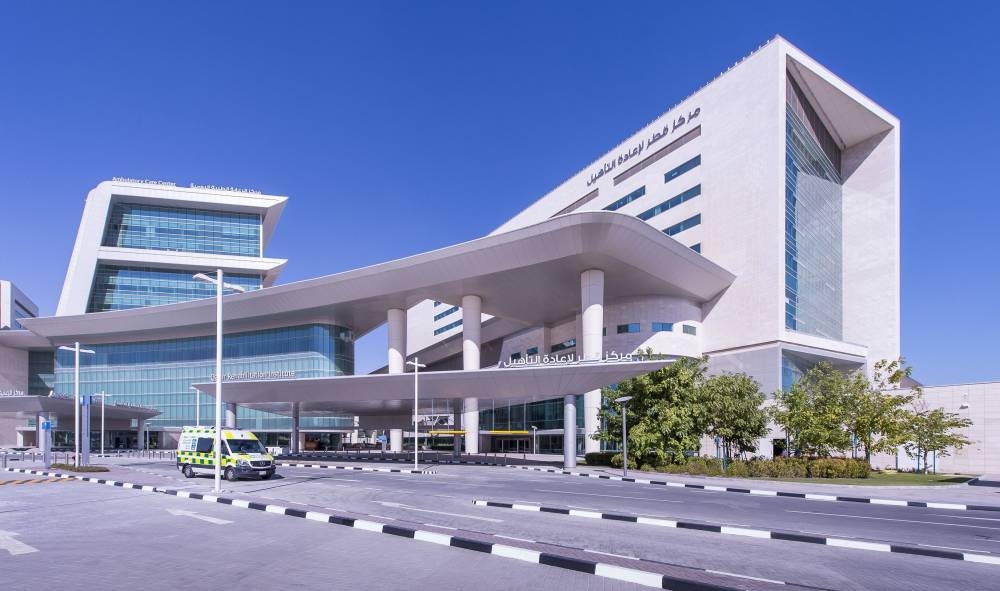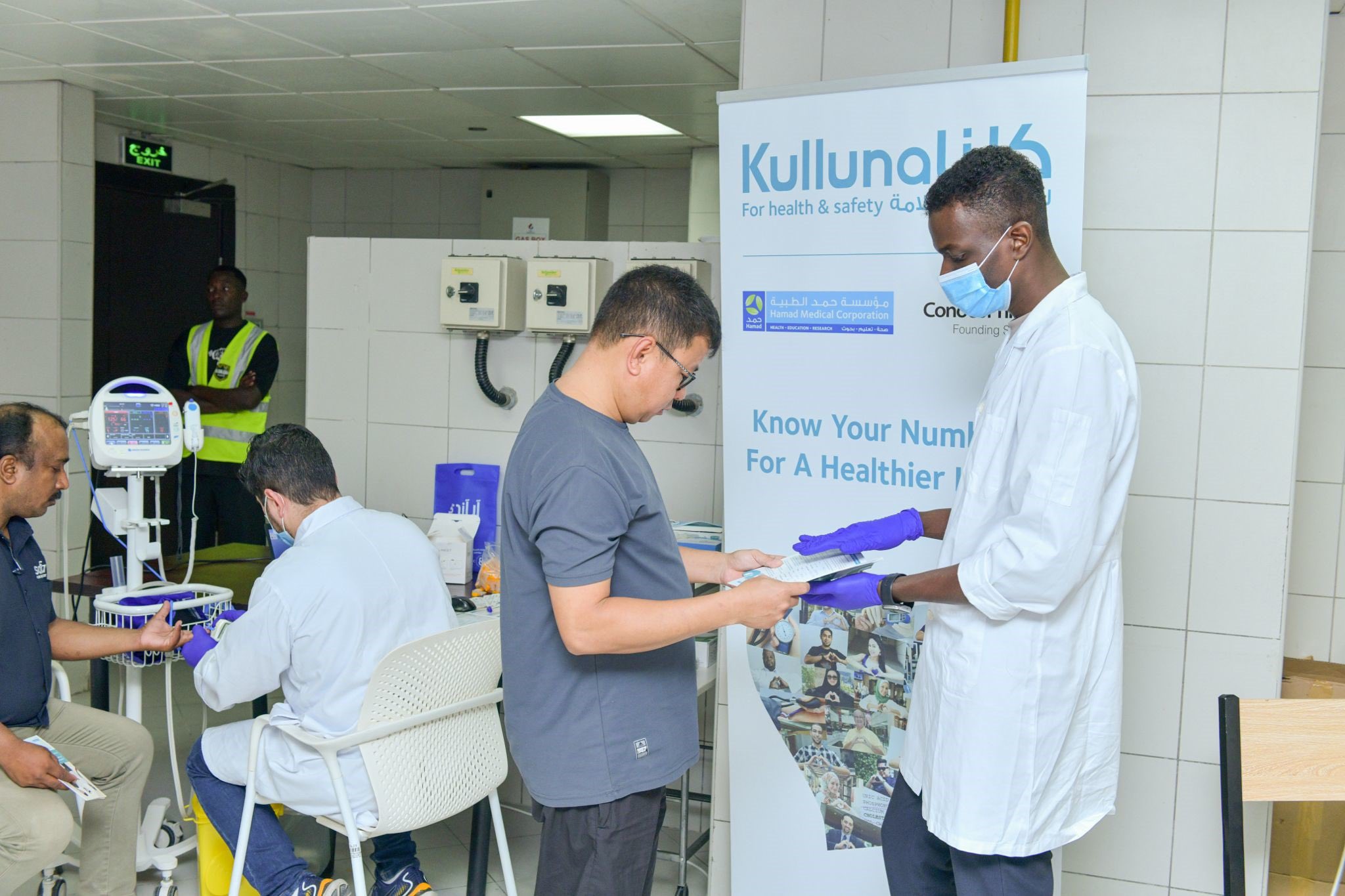
With reporting from Heba Fahmy
In a new push, the Qatar Organ Donation Center (Hiba) at Hamad Medical Corp. (HMC) has launched a campaign to double its donor registry to 100,000 people by the end of this year.
There are currently 43,000 people on Qatar’s organ donor registry, which has been growing since the registry first started in 2012 with just 2,000 signatories and received a big boost in 2013 when then-first lady Sheikha Moza bint Nasser registered as a donor.
At the time, she encouraged others to consider signing up by saying, “every single one of us must reflect seriously, as our religious duty demands, on how we can play a part in this effort.”
Now, Hiba’s Director Dr. Riadh Fadhil has appealed to Qatar residents to help them meet the new target, which he admits is “very steep.” In a statement to Doha News, he said the team was confident nonetheless:
“We have an ongoing campaign and so far this year we have been to colleges, schools, mosques, churches, hospitals, shopping malls, and different community gatherings and events,” he siad.
How it works
Residents can sign up to be organ donors at Hiba’s offices in Hamad Medical City or many of the booths set up around town. In Qatar, transplants can be done through live organ donation, such as in the case of a kidney, or when the volunteer is deceased.

Residents can find out more about becoming an organ donor here, or see this list of frequently asked questions.
Qatar’s organ donation model is based on the Doha Donation Accord, which was established in 2010 and endorsed by GCC Health Ministers in 2011.
It is based on equality, with all residents eligible for access to transplant services and organs donated to wait-listed patients “without regard for citizenship, religion, gender, ethnicity, or financial status.”
The accord also outlaws the use of financial incentives for the recruitment of potential donors.
One of the aspects of Qatar’s organ donation model that Fadhil has described as “unique” is that the country would help facilitate procedures for patients in need of organs who have relatives that are potential matches.
These donors would be provided with airfare to Qatar and accommodation here, in addition to free of charge transplantation and donation, Fadhil said in a statement to Doha News.
Qatar also has a program of reciprocal donation with some states internationally, to ensure organs are not wasted, the doctor added:
“In Qatar, we can transplant kidneys and livers in both adults and children. For other donated organs we ensure they go to save lives elsewhere in the world. We currently have an organ-sharing agreement with the Saudi Center for Organ Transplantation. This works both ways and we exchange organs that are not used by the other team.”
Types of transplants
The first kidney transplant in Qatar took place in 1986, and since then, an increasing number of people here have been diagnosed with kidney disorders.
One in 10 residents is now affected by a kidney-related illness, particularly hypertension and diabetes, a senior Hamad Medical Corp. told Gulf Times recently.
And currently, 253 residents are on dialysis, Dr. Hassan Ali Al-Malki, head of HMC’s Nephrology department said.
In a bid to help these patients manage their health, the doctor announced last week that Qatar would be launching a new device that would allow some patients to perform dialysis by themselves at home.
The device is being rolled in stages, initially to treat 10 patients, and gradually up to around 30 patients. This means these patients would no longer have to go to hospital up to five times a week for their treatment, according to Al Raya.

There are currently 81 patients on the waiting list for kidney donations in Qatar, with a further eight residents waiting for donated livers. The hope is that more people signing up to the register will help pare down the list.
Meanwhile, a team at HMC is currently in the final stages of enabling pancreas transplantation, Fadhil said, although there is no timeline yet for when this is expected to happen.
Fadhil said one of the challenges to increasing the number of people on the register was a lack of knowledge and understanding, which they are trying to address through multilingual and multicultural face-to-face public education, visiting schools, universities, workplaces and shopping malls in a bid to explain the process to people and bust underlying myths:
“Many people are still apprehensive about being a living donor. They are naturally concerned about the risk to their health. I would like to assure the public that living kidney donation is a very safe procedure; it is also done laparoscopically leaving only a small scar wound with short stay and recovery time in the hospital,” Fadhil said.
Would you sign up to be an organ donor in Qatar? Thoughts?







